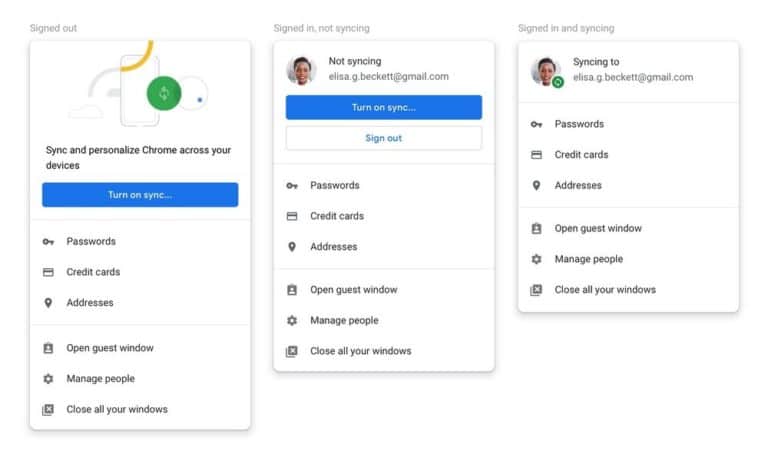Userprofiles are used in identifying and re-identifying users as they browse the internet. A study presented at the Usenix Security conference states that a short list of browsing history is enough for advertisers to profile you. They do not need to have a long list of everything you have looked at.
The study is dispelling the myth that advertisers cannot effectively target you when you remain anonymous.
With a small list of your favorite websites and no other identifying markers, advertisers can create a simple profile that does not rely on your name or additional personal information and effectively show you the ads that you are interested in.
It was presented in early August at the USENIX security conference. It is not the first, as there is a predecessor study that was published in 2012. The first study undertook it as a massive project that involved collecting the browser history from over 380,000 users.
A unique fingerprint
Researchers asked the users to access an online test site where some CSS code would then profile users from a pre-determined list of 6,000 domains, which ones the users had visited. The study happened between January 2009 and May 2011.
When it was published in 2012, they found out that 97% of the users who access the test site had a unique list of their history sites. This made browsing history a unique fingerprint-like vector that can be used to profile users.
